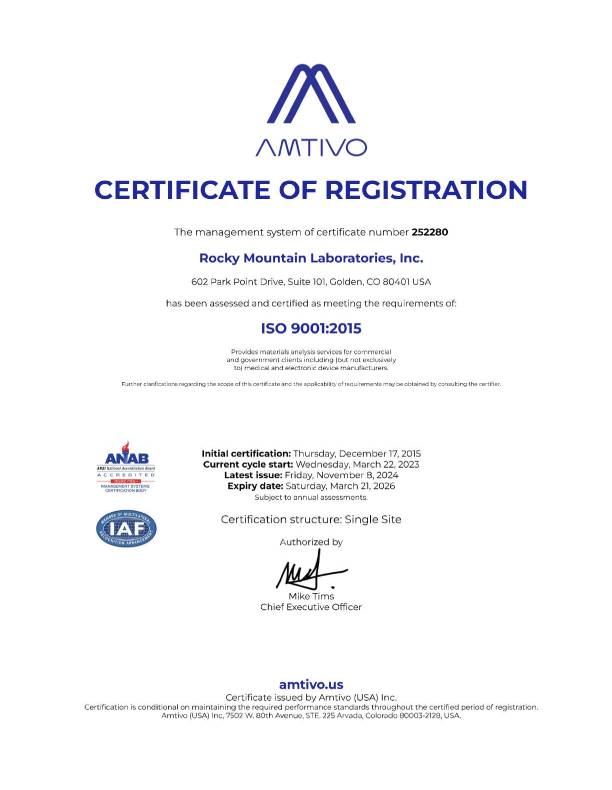FTIR (Fourier-Transform Infrared) spectroscopy is a versatile analytical technique that can be applied to a wide range of sample types, including liquids, solids, and gases. The specific sample requirements for FTIR analysis can vary depending on the nature of the sample and the research or analytical goals. Here are some common sample types and considerations for FTIR analysis:
Liquids:
- Liquid samples can be analyzed directly by placing a small amount of the liquid between two IR-transparent plates or by using specialized liquid cells designed for FTIR analysis.
- Samples should be free of particulates and bubbles to ensure accurate measurements.
- Solvents used for liquid samples should be compatible with the FTIR instrument and not absorb in the region of interest.
Solids:
- Solid samples can be analyzed in several forms, including powders, pellets, films, or solid pieces.
- Powders: Solid samples can be ground into fine powders and mixed with a suitable IR-transparent matrix, such as potassium bromide (KBr), to create pellets for analysis.
- Films: Thin films or coatings can be analyzed directly by placing them in the FTIR instrument. Thin polymer films or adhesive tapes are examples of solid films that can be analyzed in this way.
- Solid pieces: Bulk solid materials can be analyzed by pressing them into pellets or disks using a hydraulic press.
Semi-Solid or Viscous Samples:
- Semi-solid or viscous samples, such as pastes, gels, or creams, can be spread thinly on an IR-transparent plate or film for analysis.
- A suitable attenuated total reflection (ATR) accessory may also be used for direct analysis of these samples.
Polymers and Plastics:
- Polymers and plastics can be analyzed in various forms, including pellets, films, molded pieces, or fibers and preparation methods before FTIR analysis.
Artifacts and Cultural Heritage Objects:
- For analysis of artifacts and cultural heritage objects, samples may be obtained non-destructively using reflection or transmission techniques to assess the composition of pigments, coatings, or materials.
It’s important to consult us to determine the most suitable sample preparation and handling methods for your specific application. Proper sample preparation and handling are critical to obtaining accurate and reliable FT IR spectra.Top of FormBottom of Form



